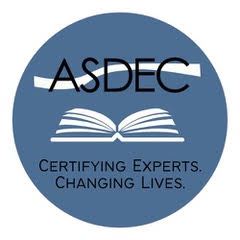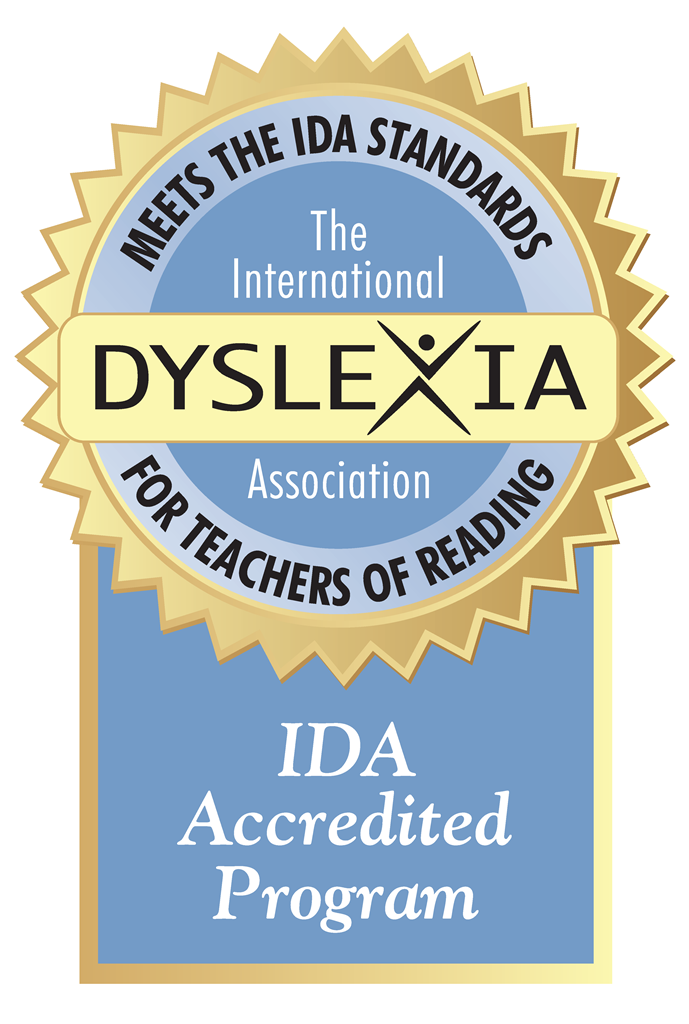A Case Study: The Story of Joel
"Without the support ASDEC and the academic therapists provided, Joel’s story would have been a very different one. Instead of seeing himself as “stupid” for the rest of his school years, he is proud his of his skills and achievements. He knows that because of his dyslexia he has some learning challenges in an academic setting, all of which he can manage by applying the right strategies. He also knows that in other ways his “dyslexia is a gift” — a key message we all received from ASDEC. Like others with dyslexia, Joel is very creative and has insights many of us miss. In addition, he has advanced capabilities in pattern recognition and spatial awareness, skills that helped him become an excellent, artistic photographer. With ASDEC’s support, Joel has fostered the capabilities, confidence and desire to learn that we had seen in him as a young boy. We could not be more grateful." |
With ASDEC’s support, Joel has fostered the capabilities, confidence and desire to learn that we had seen in him as a young boy. We could not be more grateful.
THE FIRST SIGNS
“Mommy, I am stupid”. Joel was a first-grader, and just home from school. He sat on the carpet, his head hanging low, as he shared his fears. He could not read, he said, like the others in his first grade class. We were surprised that Joel was having difficulty, and we were heart-broken to see his confidence wane. Joel was a bright child who made witty and insightful contributions to our family conversations – even with siblings who were 3 to 11 years older than he, and he had done well in pre-school and kindergarten. When his first-grade teacher confirmed he was having difficulty, we had him tested. The specialist said he was not dyslexic, but that he could benefit from tutoring.
ASDEC SUPPORT
Our neighbors had an ASDEC trained academic therapist work with their oldest daughter who had learning challenges, and they were very pleased with the results. We hired the same academic therapist. After working with Joel for a few months, she suggested that we have Joel tested again. This time we went to one of the founders of ASDEC, Dr. Betty Levinson. Dr. Levinson and her team put Joel through a comprehensive testing process. The results indicated that Joel was indeed a dyslexic with some significant learning challenges, as well as some special gifts. When the private school where Joel was enrolled told us that they did not provide any support for dyslexics, we worked with the ASDEC to identify potential schools that could help Joel develop the skills he needed. We selected Oakwood School in Annandale, Virginia, because the program best fit his needs, and it had bus routes in Maryland. Joel attended Oakwood from the third though eighth grade, with weekly support from an ASDEC trained academic therapist. He also attended two of the summer sessions at ASDEC, which advanced his language and math skills.
When Joel was ready to start high school, we looked at some of the schools that specialize in supporting students with learning differences, but Joel was determined to go to a public school. He enrolled in Bethesda’s Walt Whitman High School, where he had an Individual Education Plan (IEP). His first two years, he had some key courses, such as English and Math, in classes that provided more support for those with learning challenges. He also had a special study skills class, and he had a learning counselor who served as his advocate and monitored his progress. All of his classes followed the standard Montgomery County curriculum. Throughout his high school years, he continued working with an ASDEC academic therapist, and in his first two years of high school, he received some additional support in math from another ASDEC academic therapist. Key tools for Joel were books on tape that we purchased either at a local bookstore or from the group, Recording for the Blind and Dyslexic. In addition, we often read material together, taking turns reading portions of the textbooks out loud and discussing what we read. Joel’s understanding of material increased significantly when he not only saw the words, but also heard the words.
RESULTS
Joel was able to shine in high school. He developed long-term interests in business, environmental science, and photography. He also had an active social life, with friends from all over the world. Joel’s wide range of friendships did not distract him from his studies. He worked with one of ASDEC’s academic therapists three, and occasionally, four times week for an hour to ninety minutes each session. Joel welcomed, rather than fought the support. Because Joel is an auditory and experiential learner, we also supported his learning by knowing the material he was studying so we could discuss his studies with him and enrich the material with other stories and experiences. As a result, Joel consistently earned a grade point average that often put him on the honor roll. His performance indicated that he was applying the strategies he needed to thrive in an academic environment.
For college, Joel looked at schools that had support programs for those with learning differences. He went to his top-choice school, The University of San Francisco. The admission officer there was surprised, in fact, to see the documentation of his dyslexia because his ACT scores were good and well within the average range for admission. Again, the academic therapists and a few sessions with a college entrance exam specialist had enabled him to succeed. Joel is doing very well at college. He has chosen to major in business, with a focus on entrepreneurship and innovation, and minor in environmental studies. These topics not only reflect his major interests, they also lead to professions with significant representation of successful dyslexics. In college, Joel demonstrating a high level of motivation, and he is confidently applying the study skills and strategies ASDEC helped him acquire. When he needs support he is able to reach out for tutoring at no cost from the university support services and he can get accommodations, such as extra time for exams, if necessary.
Joel is shaping his learning experiences to the way he learns best. He has been studying with friends so that he gets the social and verbal exchange that helps him learn. Moreover he is playing to his strengths, such as his computer skills. He is among the very top students in classes that provide computer-based learning approaches. For courses that have heavy writing requirements, he has been reaching out to the university writing center or us so that he can talk through his ideas and improve how he articulates them. We have found that googledocs is a great tool for long-distance tutoring as Joel works on his papers. With googledocs, we can see him draft and refine his papers, while we discuss his writing over the phone.
Joel entered college wanting to do his best, but with some anxiety. He has learned that he can succeed in this independent academic environment. As a result, his dreams have continued to flourish. Without the support ASDEC and the academic therapists provided, Joel’s story would have been a very different one. Instead of seeing himself as “stupid” for the rest of his school years, he is proud his of his skills and achievements. He knows that because of his dyslexia he has some learning challenges in an academic setting, all of which he can manage by applying the right strategies. He also knows that in other ways his “dyslexia is a gift” — a key message we all received from ASDEC. Like others with dyslexia, Joel is very creative and has insights many of us miss. In addition, he has advanced capabilities in pattern recognition and spatial awareness, skills that helped him become an excellent, artistic photographer. With ASDEC’s support, Joel has fostered the capabilities, confidence and desire to learn that we had seen in him as a young boy. We could not be more grateful.

